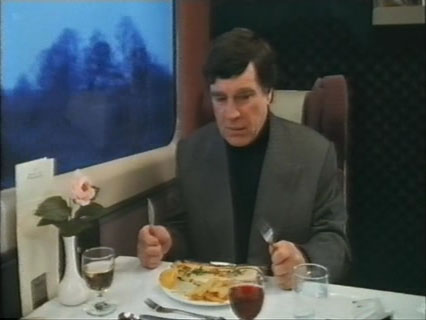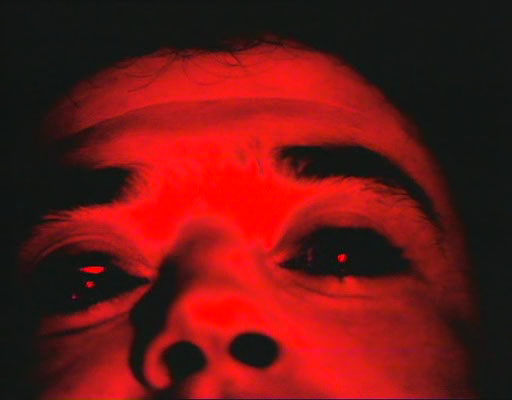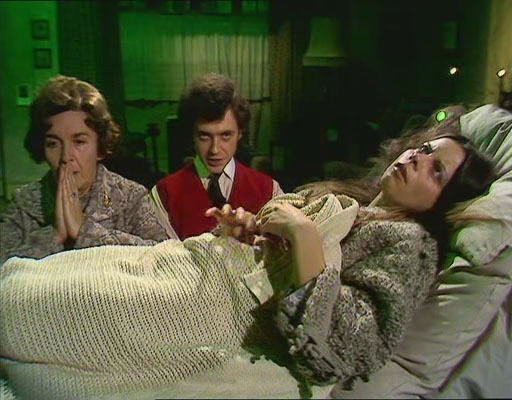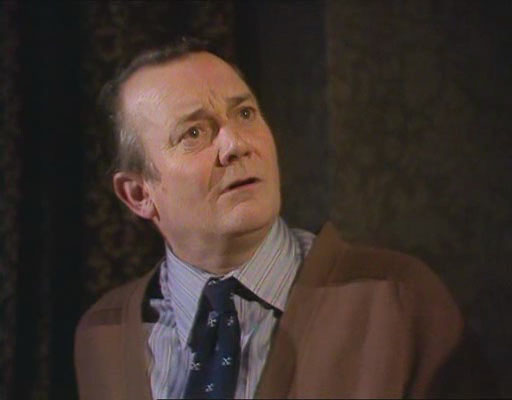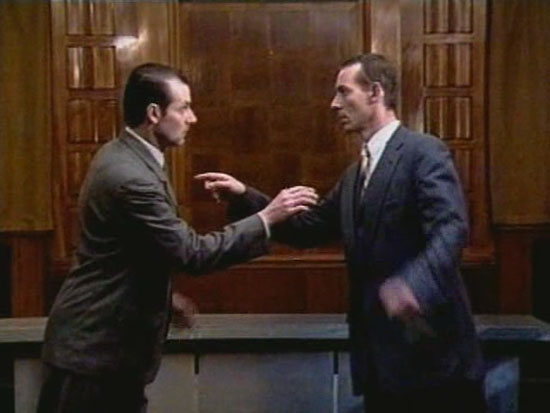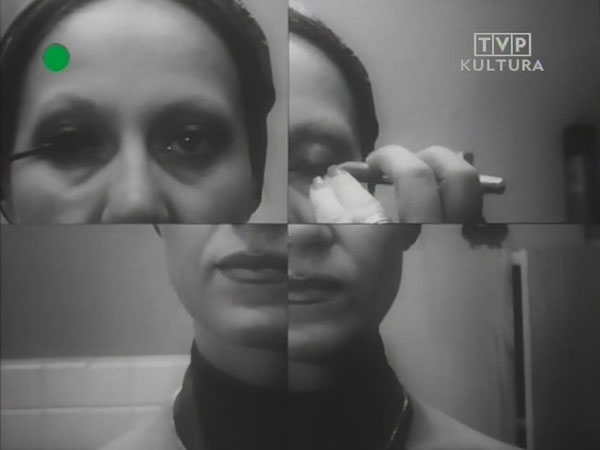Wild Boys of the Road (1933)
TCM presented some pre-code treats from Wellman, who made a bunch of them. This was one of six films Wellman directed that year – those were the days.
A fully action-packed youth depression drama that wastes no time. Well-made and, incredibly (since I hate child performances in early movies), well-acted too. I kinda loved it.
Eddie (played Robbie the Robot in Forbidden Planet!) is a cool kid who proudly drives a junker car with impenetrable 30’s slang phrases scrawled all over it. He and his best friend Tommy (22-year-old Edwin Phillips) drive around, sneak into school dances and make out with their girlfriends a whole lot. Unfortunately, Tommy’s got The Great Depression, and he passes it on to Eddie, whose dad gets laid off, leading the kids to sell the car and flee the city to look for work elsewhere. While rail-riding, they meet a girl named Sally (Dorothy Coonan, 18, who married 37-yr-old Wellman the following year) who later gets raped by a train brakeman (Ward Bond, John Wayne’s murdered friend in Rio Bravo) – that and all the hot high-school kissing earlier in the picture justify the movie’s inclusion in whatever “forbidden” pre-code DVD set is coming out this week. One scene on the trains is memorably wonderful: rail cops ducking behind a barrier on the ground while being pelted with eggs by a hundred kids on the moving train – the one time the movie goes into giddy Zero For Conduct territory. But during all the fun, Sally is getting raped on a train car, and the kids take bloody offscreen revenge when the perpetrator is discovered, immediately and severely darkening the mood set by the egg-tossing scene.
Sally and the boys make it to Sally’s aunt’s house in Chicago. The aunt (Minna Gombell of a couple Borzage films) is extremely friendly and welcoming and feeds them all cake, but she’s also running a speakeasy, a brothel, or something else (it wasn’t very clear) and is immediately busted by the cops, leaving our kids on the run again.
Hard-luck kids from around the nation build a sort of youth shantytown in Ohio. Tommy loses a leg to a train. The kids flee to New York where Eddie finally finds a job, but in order to earn a quick buck to afford respectable clothes he accidentally gets mixed up with a holdup gang and is arrested. The judge, with a hard-luck kid of his own, buys their story and sends them home… maybe not the most believable ending in the world, but a deserved bit of relief.
Other Men’s Women (1931)
Back a couple years for this next one, the sound quality is noticeably worse. The movie is noticeably worse too… I’m not sorry I watched it, but I wouldn’t have missed much if I’d just gone to sleep dreaming of troubled youth.
Everything seems to revolve around trains in these movies. This time all our heroes work on the trains, starting with our cheesy lead, alcoholic Bill (Grant Withers, would play Judge Priest’s political rival 30 years later in The Sun Shines Bright), who is always handing out gum with his puzzling catchphrase “have a little chew on me.” He’s dating Marie, a big-eyed blond-wigged waitress played by Joan Blondell (popular in ’31 with Blonde Crazy and The Public Enemy, much later in Will Success Spoil Rock Hunter), but he’s fond of Lily (Mary Astor, the princess in The Palm Beach Story, far less outrageous here), the wife of his best friend Jack (Regis Toomey of The Big Sleep, played older salvation army man in Guys & Dolls). Bill, staying with the couple while he sobers up, presents it to Jack one day at work like this: “Lily and I found out all of a sudden we loved each other.” A fistfight ensues and somehow Jack is blinded… blinded! Things couldn’t get sillier – but wait – a rainstorm is flooding the river and threatening to knock down the dam. Bill figures if he drives a loaded train out onto the dam the extra weight will stabilize it. While more sensible supporting characters (have I mentioned James Cagney, a few months before The Public Enemy?) try talking him out of it, blind Jack sneaks onto the train and drives it onto the dam himself, resulting in a spectacular suicide. A few months later when things settle down, Lily and Bill are happily together, a weird sort of happy ending.
Written by Maude Fulton, who adapted a film of The Maltese Falcon the same year (not the one starring Mary Astor). I’m not sure if this is sordid enough to count as a naughty pre-code movie. I guess married Lily kisses another man. Bill acts gay for a laugh in an early scene, but that’d probably still be allowed. There’s another guy with one leg. Clever bit where Bill jumps off the head of a train slowly rolling past a coffee joint, gets himself a cup while counting the cars that pass, then jumping back on at the end. Nothing wrong with the film or the acting (though Bill and Marie suck at playing drunk – the illusion falls apart in close-up) but nothing especially exciting either.
